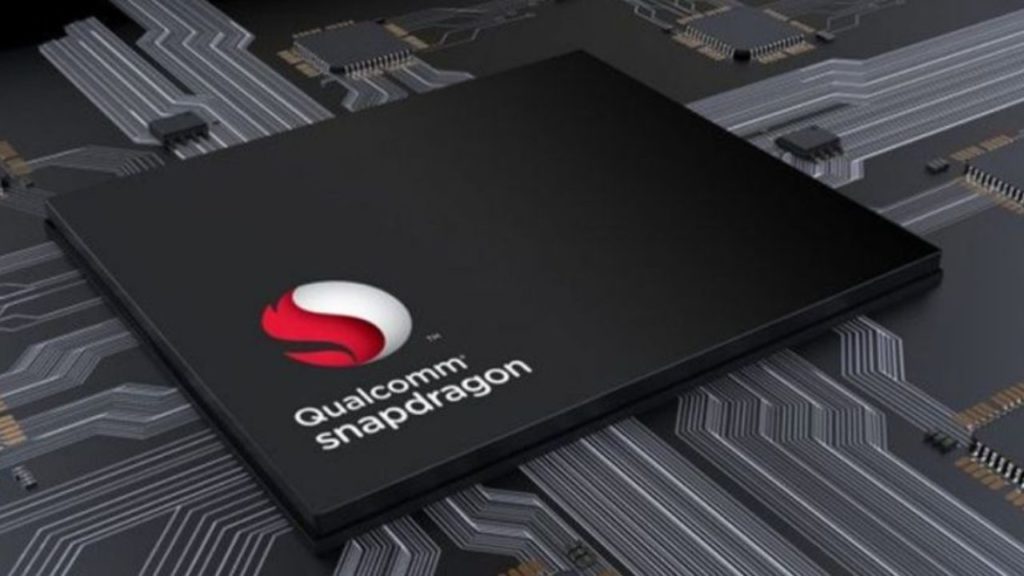Qualcomm Will Challenge Apple’s M1 Silicon Chip With The New Snapdragon 8cx Processor!

Qualcomm is working on a next-generation Snapdragon 8cx chipset designed mainly for Windows notebooks and 2-in-1 devices. The QUALCOMM processor can usually handle a light workload. But the report says that it is targeting to make more powerful high-end SoCs for laptops running on Windows. Spotted in import-export databases with the internal model number SC8280. It seems that QUALCOMM will try its best to compete with AMD, Intel and Apple’s proprietary M1 silicon chips since the chipset is being tested in at least two variants.
Qualcomm finds a better answer for Windows machines.
The future of QUALCOMM has the idea to include a combination of two clusters of high-performance cores clocked at different speeds. The fact that Scaleway, a French company, is now allowing users to rent the Apple M1 Mac mini means that access to Apple’s M1 devices is becoming more affordable and reaching a wider audience. Qualcomm is working hard to bring the most out of the processor to be in line with Apple M1 machines. The Snapdragon 8cx, which is the second-generation of its flagship ARM processor for Windows targets for more. Qualcomm is no longer focusing on energy-saving and high-end cores, as is seen in the Snapdragon 8cx Gen2 and Snapdragon 8cx. It now targets to give a better performance rather than energy saving cores.
The upcoming processor will target more than just energy saving cores
An integrated NPU (Neural Processing Unit) to handle AI-based tasks with up to 15 TOPs of performance. These chips are being tested on laptops with 14-inch designs and 32GB of RAM, which is again a jump from the 16GB limit on the older Snapdragon chips made for Windows systems. The Snapdragon SC8280XP, one of the two variants being tested, allegedly has four absolute high-end cores called “Gold +” running at 2.7GHz, paired with four more high-end cores, which are referred to as “Gold” cores clocked at 2.43Ghz. This will lead to a high-performance feature but high energy efficiency wouldn’t be promising.
The launch date is not fixed yet but it would likely be looking towards 2022.

Comments are closed, but trackbacks and pingbacks are open.